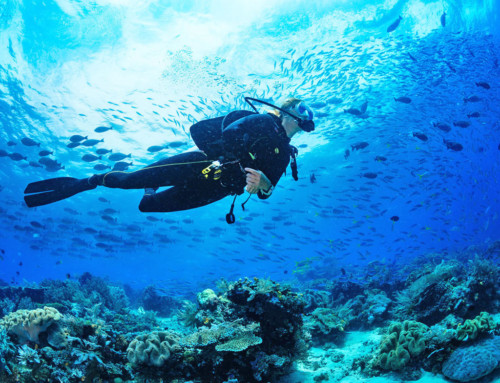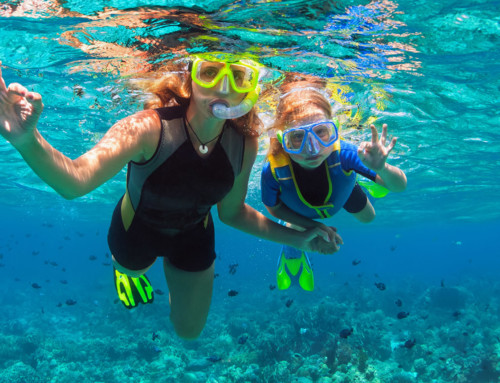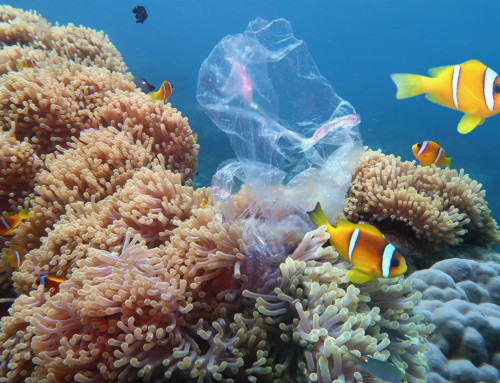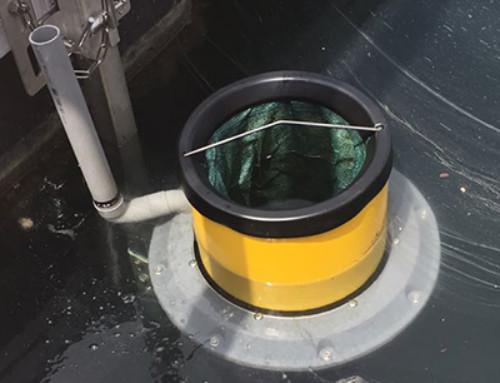Every year, many of us prepare to enjoy the beautiful weather with fishing trips, yacht voyages or water sports. While it may seem like a relaxing activity, the water can be unpredictable, and an uneventful sea journey can quickly turn into a dangerous situation.
Survival at sea in difficult conditions is something that must be considered before planning any journey as it is one of the hardest environments to survive in should things go wrong.
To ensure you are fully equipped for any situation, pack a survival bag so you can reduce the risk and enjoy the sea!
What to pack:
- Flares: It is very important to keep this piece in your survival kit when you are sailing. Flares will help you to signal for help or to warn other boats about your position as to avoid potential collisions
- Multi-tool: Since it combines several individual functions in a single unit it saves weight and space and can be useful for multipurpose use
- Telescopic paddle: A light weight paddle to help you save energy required to paddle and keep afloat
- Extra rope for towing: This piece is needed to assist others if they get tired, or as a safety precaution while crossing an open stretch. Towing is also a great way to deal with an injured or seasick paddler
- Fishing kit: A compact fishing kit, a long-handled net and a spear gun will make fishing your easiest choice for food when needed
- First aid kit: As a general guide, you would need big bandages, plasters, pain relief tablets, anti-inflammatories, indigestion tablets, diarrhea medication, allergy treatment, etc. Seasickness can strike even the most experienced boaters. Rehydration salts are suggested to be in the kit too. High factor sunscreen is also compulsory due to prolonged exposure to the sun.
- Heavy duty emergency blanket: An ultra-versatile, all-purpose emergency shelter designed for use in the harshest terrain and conditions. It can help you to collect rainwater or in desalination to get drinkable water
- Tarpaulin or fabric: If you find yourself stranded without drinking water, catch rainwater and drain it into containers. You can use a tarpaulin or fabric to absorb moisture, then wring it out into containers. Never drink saltwater as it causes illness and speed dehydration. The first water you collect will have a high salt content, so store it separately, and use it to clean wounds or to wash food before eating.









